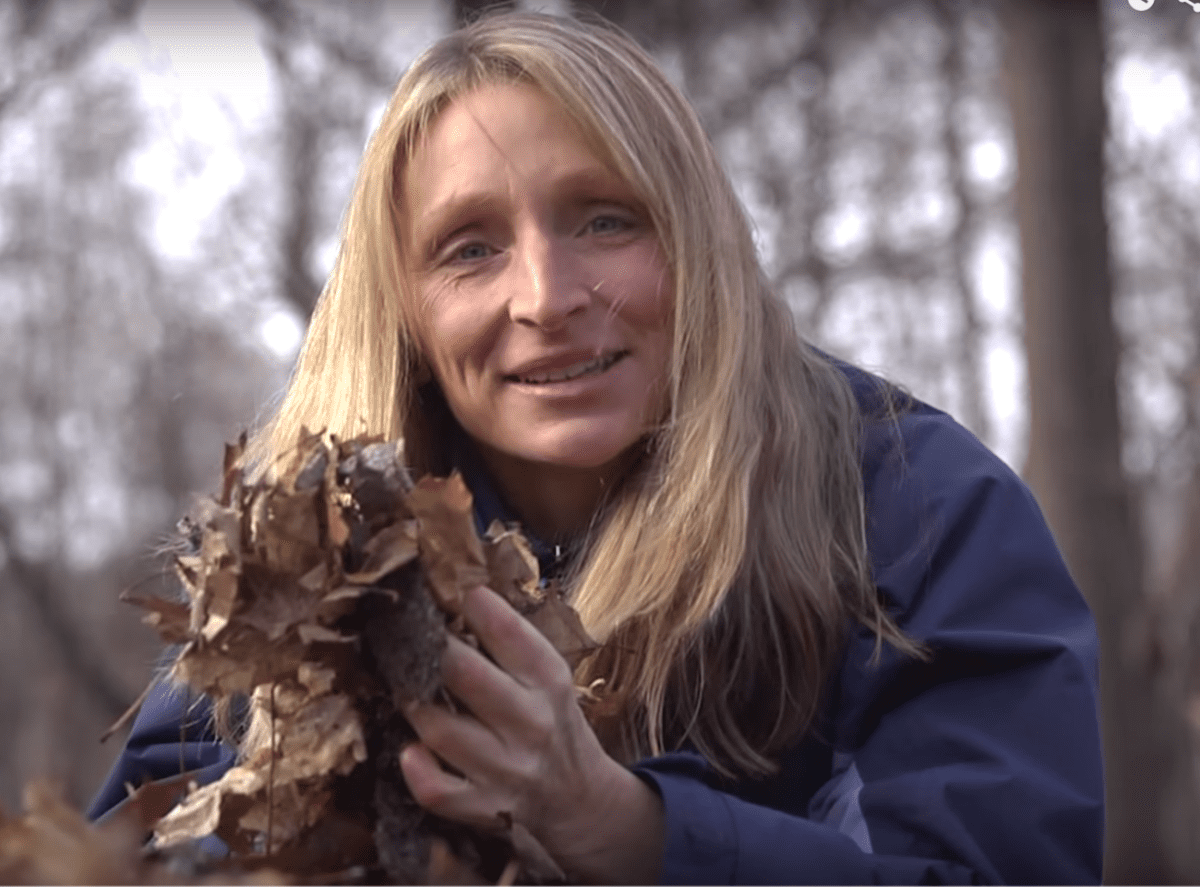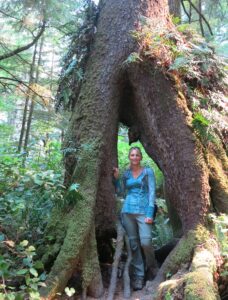
Autumn is a visual reminder that there is something special about Wisconsin’s trees and forests, which stand out in bright hues of red, orange, and gold.

If you aren’t in Wisconsin to see the colors change, don’t fear. On September 30, UW-Madison will launch its second-to-last Massive Open Online Course of the year, Forests and Humans: From the Midwest to Madagascar. It will officially run for four weeks, exploring forest ecosystems from the Midwest to Ecuador and Madagascar. Participants will learn about the ecology, geography, and economic significance of the world’s forests, and how humans interact with these environments on a daily basis. The course will remain open, though unmoderated, through December 2015 as a free educational resource.
Massive Open Online Courses (MOOCs) are free, noncredit learning experiences that allow people from around the globe to participate. They allow participants to sign up for free online and watch videos, participate in discussion forums, read articles, and often take quizzes or complete educational activities.
Reconnecting people with forests
Forests and Humans: From the Midwest to Madagascar will be taught by Catherine Woodward, a faculty associate with the Nelson Institute for Environmental Studies and the Department of Botany. Woodward, a tropical ecologist, works in Ecuador with the Ceiba Foundation to connect forest conservation strategies with local livelihoods. Her research centers on the effects of forest fragmentation on water and wildlife, and she teaches field courses in terrestrial and marine biology, conservation, and global health.
“Forests are indispensable to human welfare, yet we are becoming increasingly distanced from them in our daily lives,” said Woodward. “My aim in this MOOC is to reconnect people with forests, and with other people all over the world who care about forests and how to protect and sustainably manage them.”
Fans of Wisconsin forests can attend a public lecture by Woodward called “Forests and Humans” on Wednesday, September 23, 6-7 p.m., at the Aldo Leopold Nature Center (ALNC). The event, which celebrates ALNC’s Forestry Month, also includes a tree identification walk. Registration for the lecture is recommended, as space is limited.
Anyone can register for the Forests and Humans MOOC here. For more information, contact Lika Balenovich, Lika.Balenovich@wisc.edu, 608-890-2442.
UW-Madison’s last MOOC of the year, Climate Change Policy and Public Health, runs November 9-December 7.